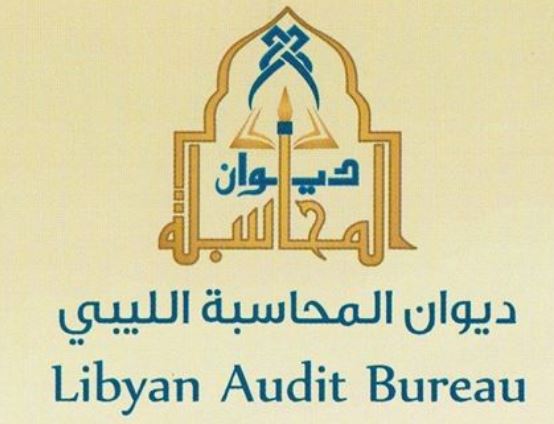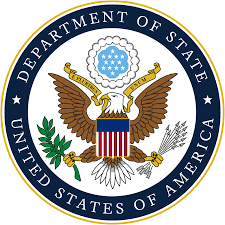
by Sami Zaptia.
Tripoli, 15 March: Libya’s nascent Stock Exchange resumed trading today in further evidence of Libya’s recovery from last year’s eight-month war. It had been closed for over a year. Even before then, there had been limited activity. Libya under Qaddafi did not have much history of stock market trading.
Under the previous regime, the Stock Market was dominated by a dozen or so state-owned enterprises, mainly banks and insurance companies. Its new head, Ahmed Karoud, says he is optimistic that it will attract foreign investors as it slowly develops.
The re-opening of the Stock Market comes as Libya awaits the release of its record 2012 budget of LD 68.5 ($55) billion.
The Libyan Stock Market first opened in 2007 in Benghazi, with a branch in Tripoli. However, the next year the situation was reversed with the main office moving to Tripoli, in part it is said because of Qaddafi’s hostility to Benghazi.
The market closed on February 2o, 2011, after the revolution started. At the time there were just 10 companies being traded. The company that runs the exchange is itself one of the traded companies. Thirty percent of the company is owned by the government, 25 percent by banks and the rest by investors. It has 90 employees in Tripoli and Benghazi.
According to Ahmed Karoud, the market’s general manager, there are no restrictions on foreign ownership of Libya companies. They have partnerships with stock exchanges in Londn, Abu Dhabi and Cairo. They are memebrs of the Union of Arab Stock Exchanges.
Nine brokerage companies have been approved for trading on the exchange.
Two new funds will be active on the exchange in 2o12, according to Karoud, one an Islamic fund, the other a real estate fund.
Karoud also told Libya Herald at the opening that “we want government to support private companies to rebuild. Before, the biggest companies were state-owned.” He revealed that “the government will sell off state-owned companies in 2013,” adding that “we need to restructure the government companies first, to reevaluate them, and then announce through the media the sell off to ensure there is no corruption”.
Libya is also currently reviewing its Commercial Laws in an effort to create a more business-friendly environment for both internal and external investors.
Libya Herald has been able to see a draft copy of the new Commercial Law which, although is still based on the existing law, has made an attempt to improve its operation by adjusting the internal regulations.
Work on the reform was started last month, led by the Ministry of Economy in close cooperation with the Libyan business community, represented by the chambers of commerce and the various business councils.
Local businessmen say that for the Stock Exchange to take-off beyond its current limited total capitalization of about LD 4 ($3.6) billion, it will depend on a wide-scale and parallel reform of the Libyan administrative and governmental institutions. An example cited is the need to work on transforming the bureaucracy, such as its Commercial Registry, from a paper-based to an electronic system.
[/restrict]










